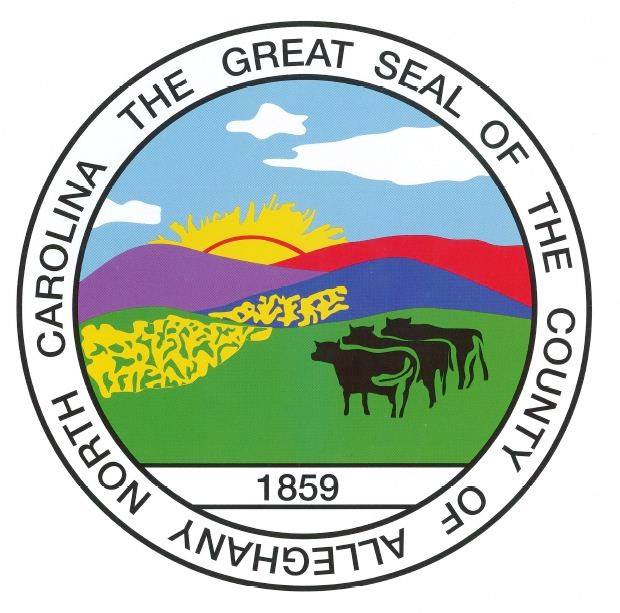 A North Carolina county’s board of commissioners needs to nix the unconstitutional prayer that starts its meetings, the Freedom From Religion Foundation is insisting.
A North Carolina county’s board of commissioners needs to nix the unconstitutional prayer that starts its meetings, the Freedom From Religion Foundation is insisting.
A concerned Alleghany County resident has reported that the county’s Board of Commissioners begins its meetings with prayer. These prayers are invariably Christian (including statements like “in Jesus’ name we pray,” etc.) and invariably led by members of the board. For instance, the prayer at the April meeting was led by Commissioner Mark Evans and went:
Let us pray. Our Father God, we thank You for another day. We thank You for allowing us to be here, Lord. We thank You for those who serve this community in many ways. Lord, we just ask that You would be with us as we conduct the business for the people of Alleghany County, and Lord, we pray that You will give wisdom, knowledge that would be for the betterment of all. For it’s in Your name we pray, amen.
The May prayer was led by Chair Bill Osborne and was given “In Jesus’ name.”
Precedent from the 4th U.S. Circuit Court of Appeals, which has jurisdiction over North Carolina, prohibits government-led prayer of the sort practiced at the Alleghany County Board’s meetings, FFRF points out.
“In Lund v. Rowan County, N. C. (2017) the Rowan County Board of Commissioners opened each session with a prayer led by a board member that was invariably Christian, often featuring sectarian references that ‘implied that Christianity was superior to other faiths,’” FFRF Staff Attorney Chris Line writes to Osborne. “The 4th Circuit declared that the board’s prayer practices violated the Establishment Clause because the board ‘elevated one religion above all others and aligned itself with that faith,’” to quote the ruling.
In Alleghany County, the board’s prayer practices closely match those at issue in Lund, FFRF emphasizes, since board members lead prayers that are always Christian and often include sectarian references. Like the Rowan County Board of Commissioners in Lund, the Alleghany County Board of Commissioners violates the Establishment Clause of the First Amendment because it “elevate[s] one religion above all others and align[s] itself with that faith,” to again quote the circuit court decision.
Prayer at government meetings is unnecessary, inappropriate and divisive, FFRF underscores; the best solution is to discontinue it altogether. Board members are, of course, free to pray privately or to worship on their own time in their own way, but they should not worship on taxpayers’ time. Citizens, including Alleghany County’s nonreligious citizens, are compelled to come before the board on important civic matters and to participate in important decisions affecting their livelihoods, property, children and quality of life. Christian prayers exclude the 35 percent of Americans who are not Christians, which includes the 26 percent of the public bravely showing their nonbelief (by not rising or praying) or else displaying deference towards religious sentiment with which they do not believe because their elected officials clearly do.
In order to demonstrate the board’s respect for the diverse range of religious and nonreligious citizens living in Alleghany County, FFRF is urging it to concentrate on civil matters and leave religion to the private conscience of each individual.
“This ostentatiously Christian practice must end,” says FFRF Co-President Annie Laurie Gaylor. “It presumes to speak for the religious belief of the entire population of Alleghany County — a presumption that is flat-out wrong, as our complainant demonstrates.”
The Freedom From Religion Foundation is a national nonprofit organization with more than 35,000 members and several chapters across the country, including over 800 members and a chapter in the Tar Heel State. Its purposes are to protect the constitutional principle of separation between state and church, and to educate the public on matters relating to nontheism.

